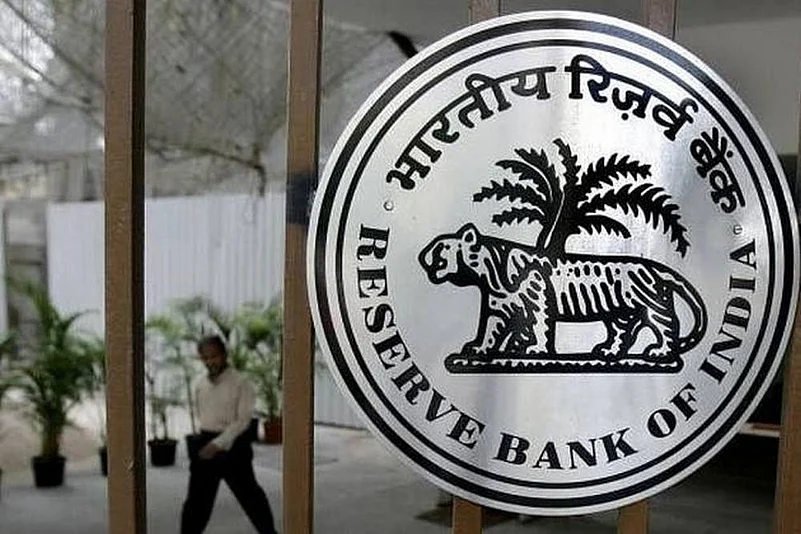The Reserve Bank of India on Friday cut the economic growth projection for the current financial year to 7 per cent from 7.2 per cent estimated earlier on account of extended geopolitical tensions and aggressive monetary policy tightening globally.
The headwinds from extended geopolitical tensions, tightening global financial conditions and possible decline in the external component of aggregate demand can pose downside risks to growth, RBI Governor Shaktikanta Das said.
The central bank in April had cut GDP growth estimate to 7.2 per cent from its earlier forecast of 7.8 per cent.
"Taking all these factors into consideration, real GDP growth for 2022-23 is projected at 7.0 per cent with Q2 at 6.3 per cent; Q3 at 4.6 per cent; and Q4:2022-23 at 4.6 per cent, with risks broadly balanced. The growth for Q1:2023-24 is projected at 7.2 per cent," he said.
Real GDP grew 13.5 per cent in the first quarter of FY'23, surpassing the pre-pandemic level by 3.8 per cent. This was led by robust growth in private consumption and investment demand.
Observing that high frequency data for the second quarter indicates that economic activity remains resilient, Das said there was a sustained revival in urban demand which should get a further impetus from unfettered celebration of upcoming festivals after two and half years of living with COVID-19.
Rural demand is also gaining gradually and there is pick up in investment, he said, adding that bank credit grew at an accelerated pace of 16.2 per cent as on September 9, 2022 as against 6.7 per cent a year ago.
Total flow of financial resources from banks and non-banks to the commercial sector has improved significantly to Rs 9.3 lakh crore in this financial year so far (up to September 9) from Rs 1.7 lakh crore in the corresponding period of last year.
Non-oil non-gold imports remained resilient, indicating sustained revival in domestic demand while merchandise exports growth faced headwinds in an unsettled external environment, he said.
The agricultural sector remains resilient, he said, adding that monsoon rainfall was 7 per cent above the long period average as on September 29. Kharif sowing was 1.7 per cent above the normal sown area as on September 23.
Despite unsettling global environment, the Indian economy continues to be resilient, he said.
"The financial system remains intact, with improved performance parameters. The country has withstood the shocks from COVID-19 and the conflict in Ukraine. Our journey over the last two and half years, our steely resolve in dealing with the various challenges gives us the confidence to deal with the new storm that we are confronted with," he said.
In the last two and half years, the world has witnessed two major shocks -- the COVID-19 pandemic and the conflict in Ukraine -- and these shocks have produced profound impact on the global economy, he said.
"As if that was not enough, now we are in the midst of a third major shock -- a storm -- arising from aggressive monetary policy actions and even more aggressive communication from Advanced Economy (AE) central banks," he said.


























.jpg?w=200&auto=format%2Ccompress&fit=max)




